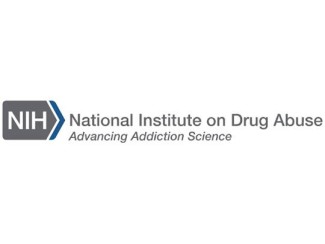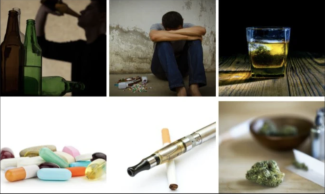Applying interventions designed to reduce and manage the symptoms of substance use disorders.
Treatment
Referral to and engagement in substance use disorder treatment within opioid intervention courts in New York: a qualitative study of implementation barriers and facilitators
Background People with opioid use disorder (OUD) are frequently in contact with the court system and have markedly higher rates of fatal opioid overdose. Opioid intervention courts (OIC) were developed to address increasing rates of opioid...
Emotional Attachment Behavioral Therapy: An Innovative Approach to Behavioral Health Treatment
Time: 3:00PM - 4:30PM Eastern Time
Rehabilitation of Executive Functions in Users of Addictive Substances. Study Protocol
BACKGROUND: Substance use increases the risk of damage to executive and cognitive functions. Manifested by a range of clinical symptoms, such impairments may affect people’s coping with everyday activities and their abilities to establish...
The public mental health revolution must privilege lived experience voices and create alliances with affected communities
In a new editorial in World Psychiatry, Prof. Helen L. Fisher discusses how public health must recognise the influence of social circumstances and experiences and calls for lived experience to be at the centre of this revolution. Fisher...

“I’m almost opioid-a-phobic”: family medicine residents’ perceptions of enhancing opioid analgesic and agonist treatment training in a Canadian setting
Purpose As deaths from the illicit drug poisoning crisis continue to rise in Canada, increasing the number of healthcare professionals qualified to effectively prescribe opioids could be beneficial. The willingness of family medicine...
WAVE Bursaries to attend Lisbon Addictions 2024
The WAVE bursary application process is open from 24/10/2023 to 31/1/2024.

Residential addiction treatment for adolescents is scarce and expensive
NIH-supported analysis finds just seven states had a facility that accepted Medicaid, had a bed open the same day, and offered buprenorphine

Stigmatizing imagery for substance use disorders: a qualitative exploration
This study used qualitative methods to identify stigmatizing and non-stigmatizing imagery for SUD and explore the reactions of people with lived experience with SUD to SUD-related imagery. We conducted focus groups and brief semi-structured qualitative interviews with 14 individuals in recovery from a range of SUD.

Bi-Monthly Webinar: ISSUP Nigeria Knowledge Update Series (20th Session)
Bi-Monthly Webinar: ISSUP Nigeria Knowledge Update Series (20th Session).
